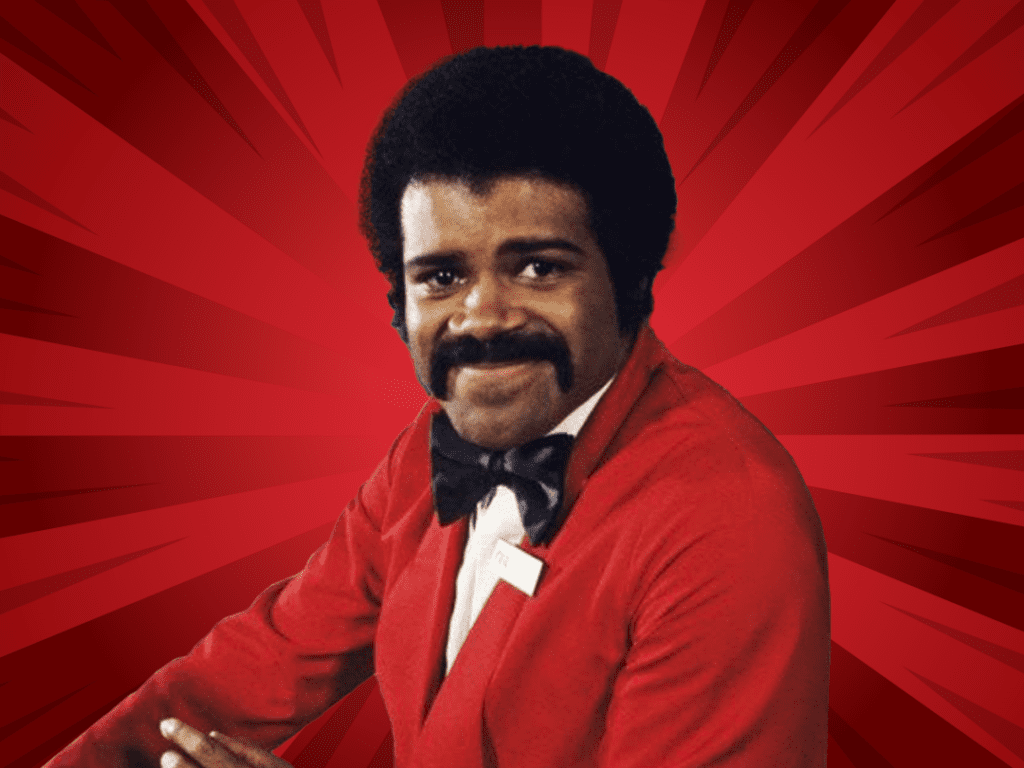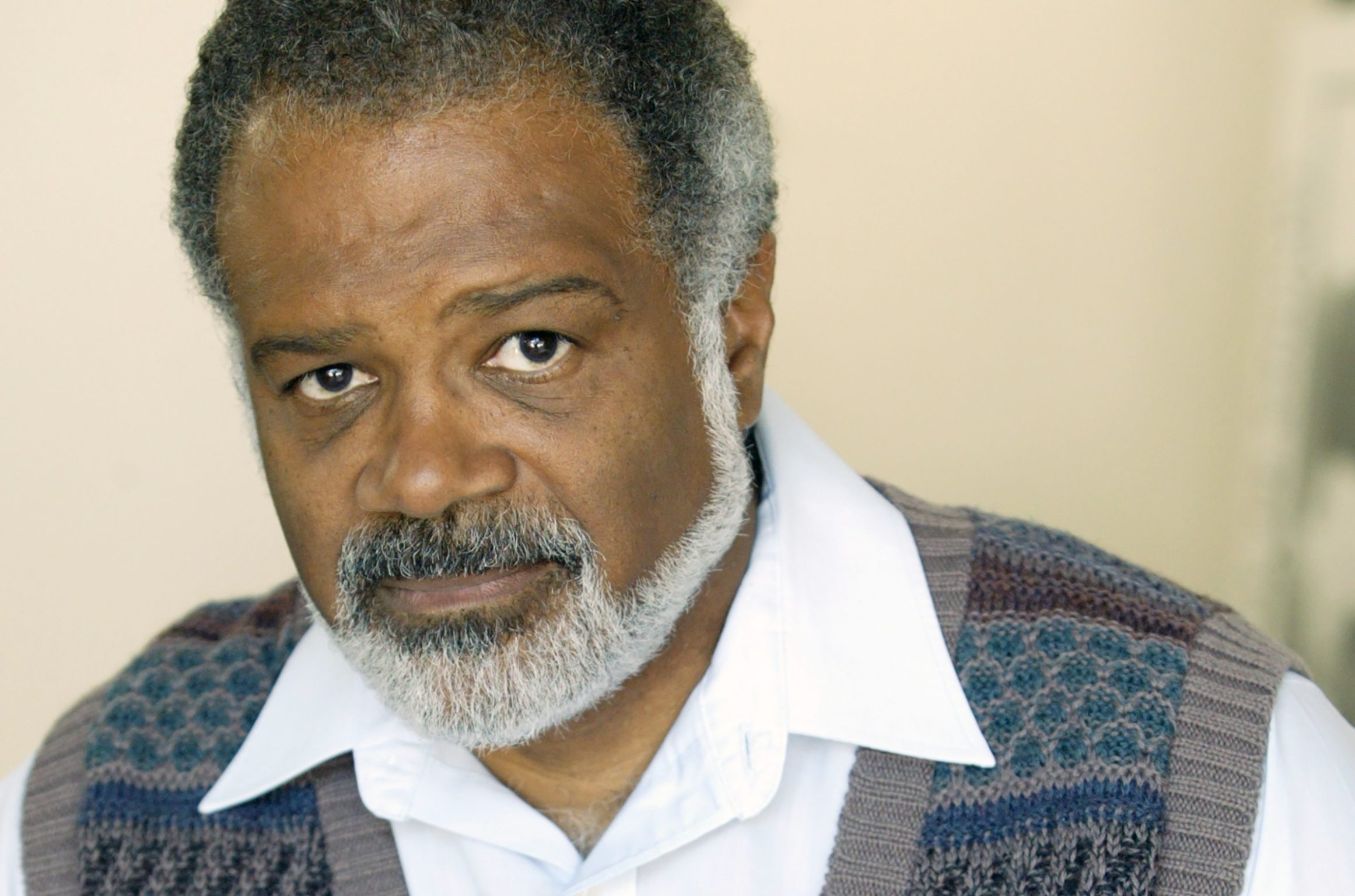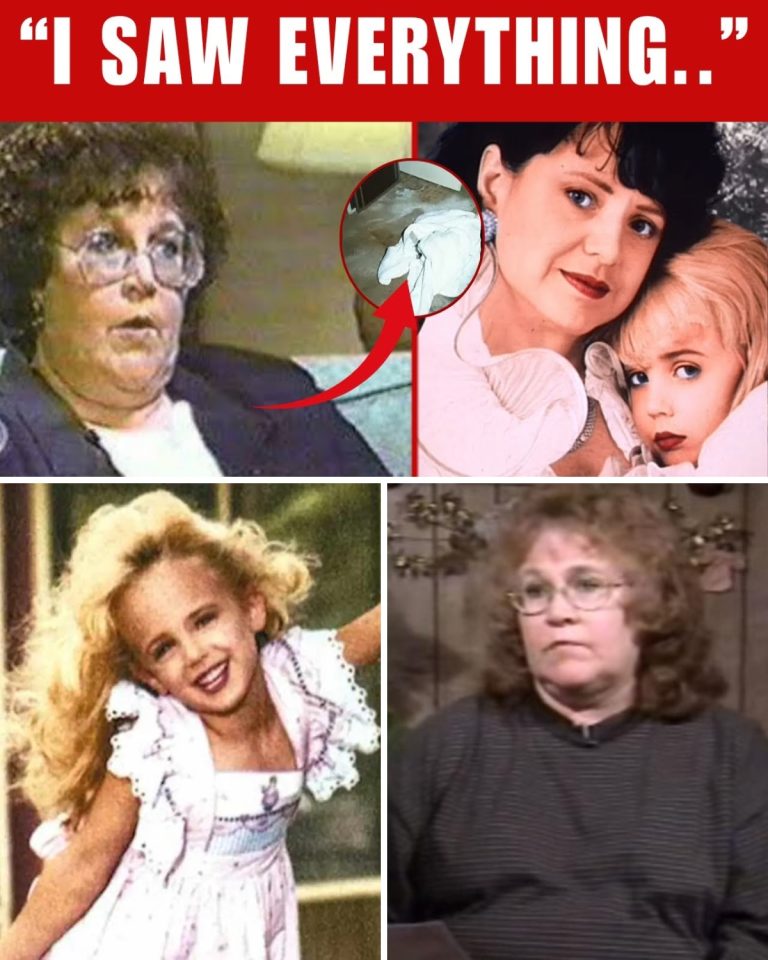In a revelation that has stunned Hollywood and beyond, Ted Lange—the man millions remember as the warm, ever-smiling bartender Isaac Washington on The Love Boat—has finally stepped out of the shadow of nostalgia to tell his true story. It is not just a tale of television fame, but one of heartbreak, discrimination, resilience, and an unrelenting fight to carve dignity into an industry that often tried to deny him his humanity.
Born January 5, 1948, in Oakland, California, Lange came from a family steeped in the arts. Yet his own journey into performance began as a punishment—cast in a school play after a bout of mischief. What began as rebellion quickly revealed destiny. By the time he studied Shakespeare at UC Berkeley and made his Broadway debut in Hair, Lange had already shown the world he was far more than a smile behind a bar counter.
But when The Love Boat came calling in 1977, fame carried a heavy price. While America adored Isaac Washington, Lange was shackled by racist restrictions imposed behind the scenes. Producers flatly denied him romantic storylines, while his white co-stars were lavished with love arcs and dramatic depth. He was told to stay funny, stay safe, stay on the sidelines. “I was the bartender,” Lange later admitted, “but I wasn’t allowed to be a man in love.”
The discrimination wasn’t subtle. A guest star once refused to shake his hand, mistaking him for an extra. Producers laughed it off, but Lange endured it in silence, choosing dignity over outrage. Week after week, he poured drinks on screen while privately swallowing the bitterness of exclusion. His radiant smile became both armor and mask—a shield that hid the heartbreak of systemic racism woven into his career.
Off-screen, life was no easier. His marriage to actress Cheryl Thompson unraveled after eleven years, strained by the pressures of fame and the personal toll of pioneering in hostile territory. Heartache followed, yet Lange rebuilt. In 2001, he found lasting love with Mary Ley, proving that even after loss, life can offer new beginnings.
Still, the pain of Hollywood’s marginalization never left him. Rather than fade into obscurity or cling to sitcom reruns, Lange transformed tragedy into art. He reinvented himself as a playwright, crafting more than 25 plays that confronted race, injustice, and identity with fearless honesty. Productions like Blues in My Coffee dared to tell the stories Hollywood refused to touch. Each script was a protest, a declaration, and a reclamation of his voice.
Now, at 77, Lange is no longer content to be remembered solely as Isaac. With his company, Five For The Show, he is tearing down barriers once thought immovable. His newest Off-Broadway production in 2025 fuses cutting-edge technology with unapologetically Black narratives, rattling Hollywood’s old guard and proving that he is still a force—still rewriting the script.
And yet, the tragedy lies not in Ted Lange’s failure, but in what he was denied. For decades, audiences were robbed of the chance to see him as a leading man in love, a dramatic powerhouse, a star equal to his peers. Racism clipped his wings, and the heartbreak of that injustice lingers even now.
But Lange himself refuses to be defined by sorrow. With a net worth approaching $2 million, a thriving career in theater, and a legacy that has inspired countless artists of color, he stands as living proof that resilience is its own form of triumph.
Ted Lange may have been The Love Boat’s bartender, but he has poured much more than cocktails into the world. He has poured courage, creativity, and truth into every stage he has graced. At 77, his story is heartbreaking, yes—but it is also profoundly victorious.





